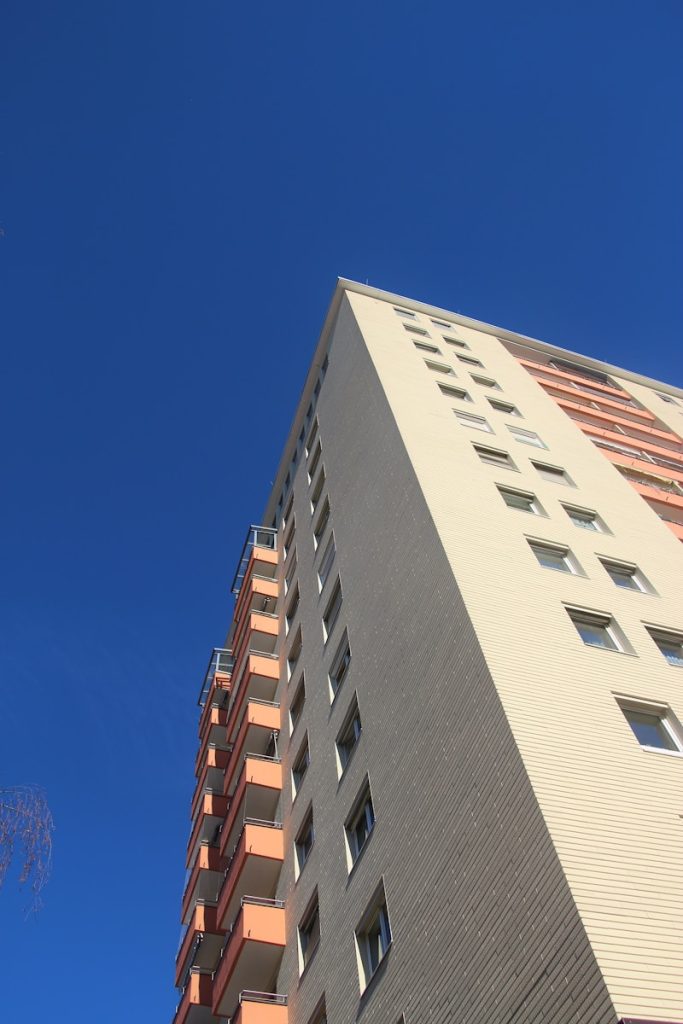 Many individuals typically prefer not to rent an apartment where the landlord resides, often due to past negative experiences leading to frequent conflicts between landlords and tenants. This ongoing discord often stems from a lack of understanding regarding the rights, responsibilities, privileges, powers, and legal remedies available to both parties in case of breaches. In this article, we will delve into the rights of both landlords and tenants.
Many individuals typically prefer not to rent an apartment where the landlord resides, often due to past negative experiences leading to frequent conflicts between landlords and tenants. This ongoing discord often stems from a lack of understanding regarding the rights, responsibilities, privileges, powers, and legal remedies available to both parties in case of breaches. In this article, we will delve into the rights of both landlords and tenants.
LANDLORD’S RIGHTS
A landlord possesses certain rights concerning their property when it is occupied by a tenant, including:
– Right to Rent Collection: Landlords have the right to collect rent as agreed upon in the tenancy agreement.
– Right to Non-Renewal of Tenancy: Landlords reserve the right not to renew a tenancy, particularly when the tenant breaches the terms of the agreement, allowing for eviction.
– Right to Not Issue Quit Notice: In cases where the tenancy agreement specifies a certain term, landlords have the right not to issue a quit notice, as tenants have waived their right to it.
– Right to Property Maintenance: Landlords are entitled to have their property maintained in good condition by the tenant, excluding damages caused by acts of nature.
– Right to Compensation from Compulsory Acquisition: The government has a right to acquire the property, landlords have the right to compensation once ownership is confirmed.
TENANT’S RIGHTS
Tenants also possess rights over the property they occupy, which include:
– Right to a Written Agreement: Every tenant has the right to a written agreement to prevent misunderstandings.
– Right to Receipt of Payment: Tenants have the right to receive a receipt for any rent paid, ensuring transparency in transactions.
– Right to Peaceful Occupation: Once rent is paid and a receipt issued, tenants are entitled to peaceful enjoyment of the property.
– Right to a Valid Quit Notice: Tenants must receive a valid quit notice, giving them adequate time to vacate the premises.
– Right to Seven Days’ Notice to Recover Premises: Tenants should be notified with a seven-day notice if the landlord intends to recover the premises.
In conclusion, both landlords and tenants have legal rights that can be upheld in court if violated. Seeking legal advice before entering into a landlord-tenant relationship can help prevent conflicts and ensure a smoother tenancy experience
The content of this article is intended to provide a general guide to the subject matter. Please contact us directly for any specific legal assistance required.
